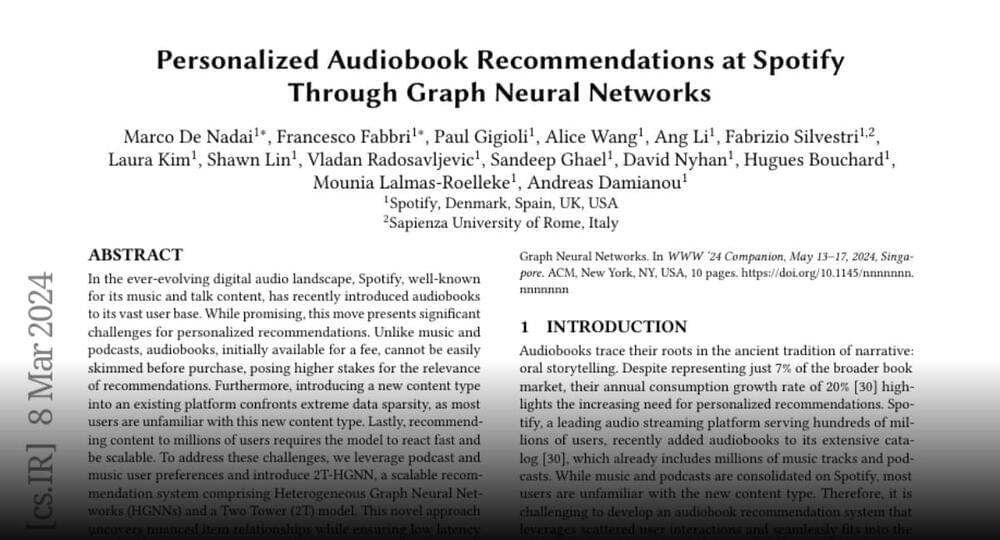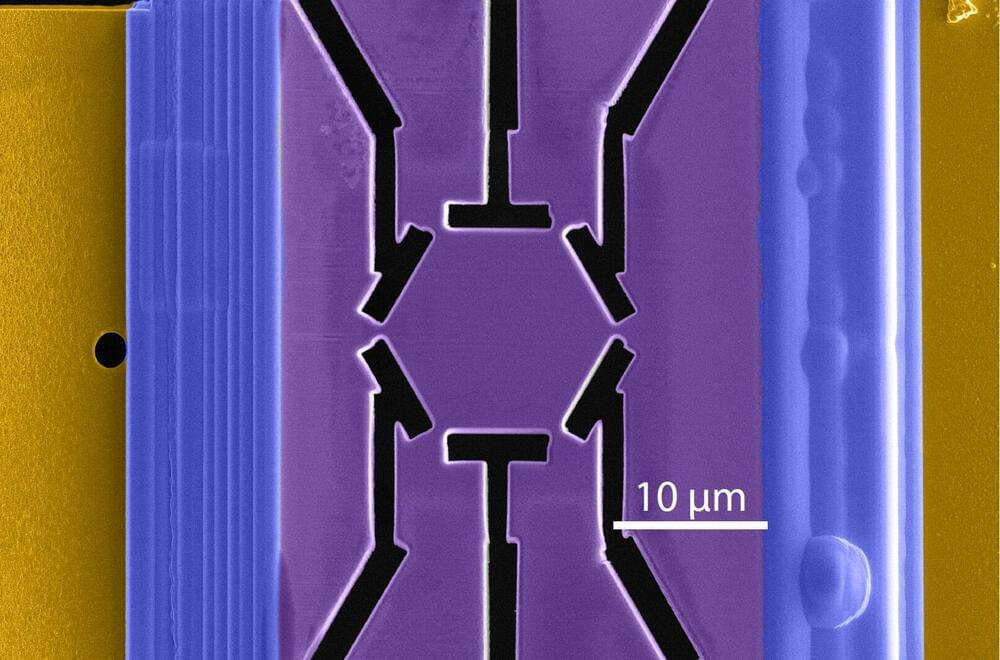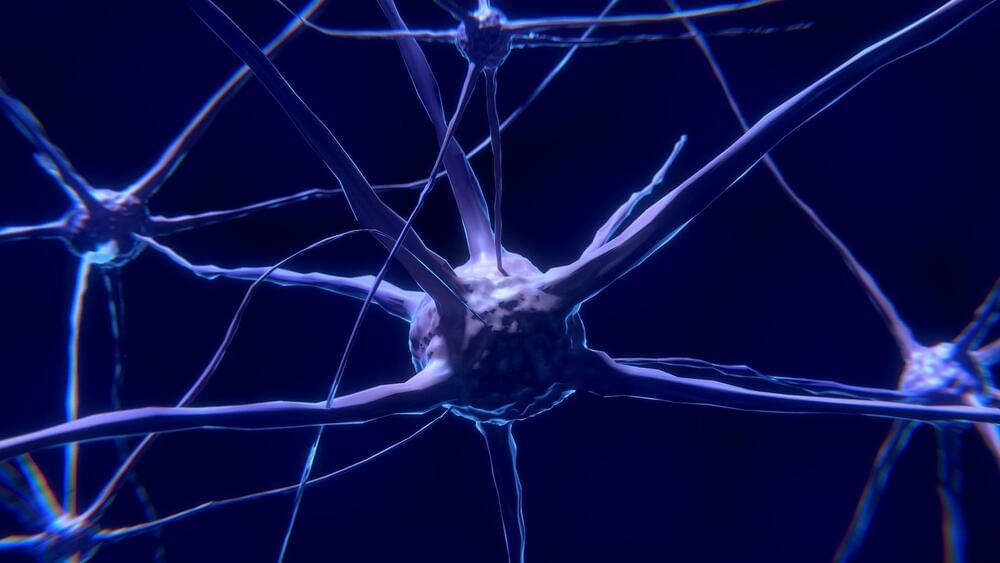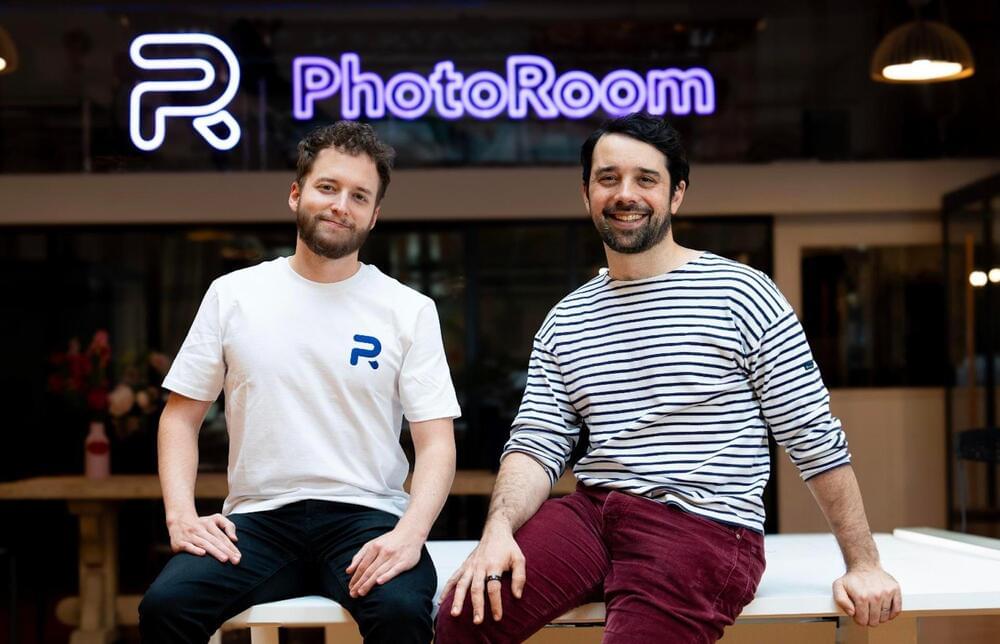🔺Prepare to be transported to another world with the most epic and breathtaking ambient sci-fi music you haven’t heard yet! I’ve spent over 20 hours \.
Category: media & arts – Page 54

The AI Takeover In Cinema: How Movie Studios Use Artificial Intelligence
The film industry, always at the forefront of technological innovation, is increasingly embracing artificial intelligence (AI) to revolutionize movie production, distribution, and marketing. From script analysis to post-production, Already AI is reshaping how movies are made and consumed. Let’s explore the current applications of AI in movie studios and speculates on future uses, highlighting real examples and the transformative impact of these technologies.
AI’s infiltration into the movie industry begins at the scriptwriting stage. Tools like ScriptBook use natural language processing to analyze scripts, predict box office success, and offer insights into plot and character development. For instance, 20th Century Fox employed AI to analyze the script of Logan, which helped in making informed decisions about the movie’s plot and themes. Consider, in pre-production, AI has also aided in casting and location scouting. Warner Bros. partnered with Cinelytic to use AI for casting decisions, evaluating an actor’s market value to predict a film’s financial success. For example, let’s look at location scouting. AI algorithms can sift through thousands of hours of footage to identify suitable filming locations, streamlining what was once a time-consuming process.
During filmmaking, AI plays a crucial role in visual effects (VFX). Disney’s FaceDirector software can generate composite expressions from multiple takes, enabling directors to adjust an actor’s performance in post-production. This technology was notably used in Avengers: Infinity War to perfect emotional expressions in complex CGI scenes. Conversely, AI-driven software like deepfake technology, though controversial, has been used to create realistic face swaps in movies. For instance, it was used in The Irishman to de-age actors, offering a cost-effective alternative to traditional CGI. Additionally, AI is used in color grading and editing. IBM Watson was used to create the movie trailer for Morgan, analyzing visuals, sounds, and compositions from other movie trailers to determine what would be most appealing to audiences.

When the music changes, so does the dance: Controlling cooperative electronic states in kagome metals
Playing a different soundtrack is, physically speaking, only a minute change of the vibration spectrum, yet its impact on a dance floor is dramatic. People long for this tiny trigger, and as a salsa changes to a tango completely different collective patterns emerge.
Electrons in metals tend to show only one behavior at zero temperature, when all kinetic energy is quenched. One needs to frustrate the electronic interaction to break the dominance of one particular electronic order and allow multiple possible configurations. Recent results published in Nature Physics on kagome nets suggest that this triangular lattice is quite effective at doing so.
Named after the Japanese bamboo-basket woven pattern, a two-dimensional (2D) kagome lattice is constructed by a series of corner-sharing triangles. When each corner is occupied with magnetic moments with antiferromagnetic correlations, the nearest-neighbor interactions favor anti-aligned spins.
Is Dune-Style Genetic Memory Possible?
Inherited memory was a popular theory in the past, inspiring stories like Frank Herbert’s Dune, but could it be possible with alien biologies or cybernetic civilizations, and what is it? Music Courtesy of: Epidemic Sound http://epidemicsound.com/creator
Nihilistic Aliens
Many doubt whether existence has any purpose or meaning, but could entirely civilizations become nihilistic. Would this spell their doom? And if not, what would they be like?
Use code isaacarthur at the link below to get an exclusive 60% off an annual Incogni plan: https://incogni.com/isaacarthur.
Visit our Website: http://www.isaacarthur.net.
Join Nebula: https://go.nebula.tv/isaacarthur.
Support us on Patreon: / isaacarthur.
Support us on Subscribestar: https://www.subscribestar.com/isaac-a…
Facebook Group: / 1583992725237264
Reddit: / isaacarthur.
Twitter: / isaac_a_arthur on Twitter and RT our future content.
SFIA Discord Server: / discord.
Credits:
Nihilistic Aliens.
Episode 423b; December 3, 2023
Produced, Written \& Narrated by: Isaac Arthur.
Editor: Donagh Broderick.
Music Courtesy of: Steve Cardon.

Exposure to different kinds of music influences how the brain interprets rhythm
When listening to music, the human brain appears to be biased toward hearing and producing rhythms composed of simple integer ratios—for example, a series of four beats separated by equal time intervals (forming a 1:1:1 ratio).
However, the favored ratios can vary greatly between different societies, according to a large-scale study led by researchers at MIT and the Max Planck Institute for Empirical Aesthetics and carried out in 15 countries. The study included 39 groups of participants, many of whom came from societies whose traditional music contains distinctive patterns of rhythm not found in Western music.
“Our study provides the clearest evidence yet for some degree of universality in music perception and cognition, in the sense that every single group of participants that was tested exhibits biases for integer ratios. It also provides a glimpse of the variation that can occur across cultures, which can be quite substantial,” says Nori Jacoby, the study’s lead author and a former MIT postdoc, who is now a research group leader at the Max Planck Institute for Empirical Aesthetics in Frankfurt, Germany.

Adobe’s new prototype generative AI tool is the “Photoshop” of music-making and editing
Project Music GenAI Control can generate audio using text prompts and provides editing features to customize the results within the same workflow.
Adobe’s latest generative AI experiment aims to help people create and customize music without any professional audio experience.
Audio is generated by text prompts, with editing built into the same workflow.

Photoroom, An App That Generates AI Images In One Second, Is Now Worth $500 Million
Photoroom announced Tuesday that it has raised $43 million in Series B funding at a valuation of $500 million. London-based early-stage venture firm Balderton Capital and Aglaé Ventures, an investment firm backed by LVMH CEO Bernard Arnault and his family, led the round, with participation from Y Combinator. The new round brings the Photoroom’s total funding to $64 million. With more than 150 million app downloads and a subscription-based business model, the Paris-based startup has crossed $50 million in annual recurring revenue, according to Rouif.
Photoroom has also garnered the attention of brands like Netflix, Lionsgate and Warner Bros, who have used the startup’s API to promote films and shows including Barbie and Black Mirror. In October 2023, Photoroom partnered with Universal Music Group-owned record label, Republic Records, to create a custom selfie generator of Taylor Swift’s album 1989 that millions of fans used to create an album cover with their own faces.
Photoroom first gained traction in 2020, the same year it was accepted into Y Combinator. During the pandemic, entrepreneurs rushed to produce online catalogs of their products and without access to photographers and professional photo studios, they turned to photo editing tools like Photoroom. Before generative AI tools became mainstream, the startup’s most popular tools were a background remover tool, a tool called “magic retouch,” which removed unwanted objects from a photo as well as a feature that could blur backgrounds in two seconds. When more advanced AI tools became available in 2023, the startup expanded its offerings to include fully AI-generated backgrounds, where users could create background visuals from scratch through text prompts — now Photoroom’s most commonly used feature.
Arditi Forging a New Man
To survive in the 3rd millenium we must evolve.